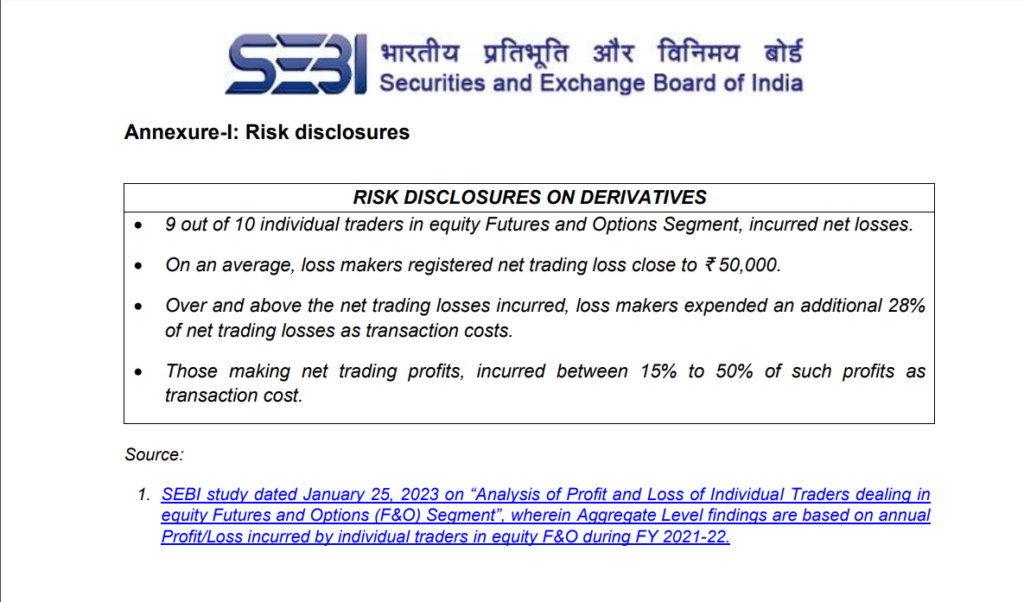
REITs – A better way to invest in Real Estate
When we think of creating an alternate income stream, we tend to think of rental income from properties or interest income on Fixed Deposits/Bonds, etc. Over the last few years with investor awareness increasing and a push by the Mutual Fund industry around Systematic Withdrawal Plans (SWPs), SWPs have gained popularity as an instrument for stable monthly income. Just like debt Mutual Funds are a tax efficient, diversified and liquid alternative to Fixed Deposits, the same way REITs are a tax efficient, diversified and low cost mechanism to own real estate assets from an investment perspective.
What is a REIT?
REITs, or Real Estate Investment Trusts, are similar to mutual funds. REITs pool money from investors who want to invest in real estate and invest it in a number of yielding properties/assets that provide investors with consistent cashflows similar to rent.
Just like when you own a stock you own a piece of the underlying business, in case of REITs you own a part of ALL the properties owned and managed by the REIT. The rental received by the REIT is passed through to the REIT unit owners and any appreciation/deprecation in the underlying property reflects in the NAV and unit price over time. When investing in a REIT, you need to understand the underlying cash flows from the various projects/SPVs owned by the REIT, governance structure, alignment of interest, distribution, etc.
Why REITs?
- Small ticket size with extremely low impact cost – You can buy/sell units on the exchange just like you buy/sell a stock.
- Tax efficient – Dividend and capital return is exempt in the hands of unit holders. As things stand today, more than 70% of the income you receive from REITs are tax exempt. Further, capital gains are taxed like Equity instruments at 15% short term (<3 Years) and at 10% long term (> 3 Years)
- Strong Regulatory Framework to protect interests of Minority holders.
- Minimum 90% of distributable cash flows need to be distributed semi-annually – All 3 listed REITs have a quarterly payout mechanism and are paying upwards of this.
- At least 80% of total value must be in completed and income generating projects – this takes away the execution risk as there are restrictions on speculative land acquisition.
- Leverage cap at 49% of asset value and majority shareholder approval required if debt exceeds 25% of asset value
How to invest in REITs?
You can invest in REITs via your broker just like you buy/sell shares. In addition, there are various mutual fund schemes which invest in Indian REITs such as Parag Parikh Conservative Hybrid Fund, ICICI Multi-Asset Fund, etc
If you are planning to invest in Real Estate sector and you need more clarification about REITs, please write to us at wealth@consortiumsecurities.com.


Leave a Reply